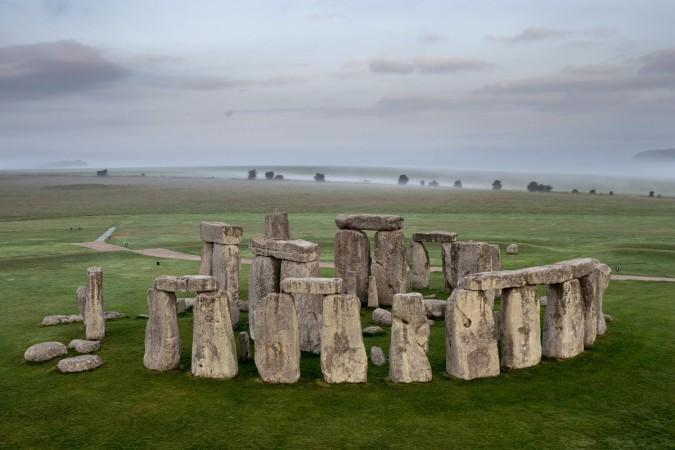
Early humans in what is now modern-day Britain survived and thrived in a period of abrupt and volatile climate change as the last ice age ended.
As the ice age ended, the planet began to warm rapidly, and the winters got harsher, researchers have found that the shift in climate would have been extreme, but the humans of the time lived through it with what can only be described as amazing resilience, according to a report by ScienceAlert.
New research in the site from the Mesolithic Age — between 9,000 BC and 6,000 BC — at Star Carr in Northern England shows that people in that part of the world lived through this period of instability without showing any signs of having lived through such conditions. Rapid warming and long harsh winters did not seem to bother them in any significant way.
"It has been argued that abrupt climatic events may have caused a crash in Mesolithic populations in Northern Britain," said quaternary scientist Simon Blockley from Royal Holloway, University of London.
"But our study reveals, that at least in the case of the pioneering colonizers at Star Carr, early communities were able to cope with extreme and persistent climate events."
The report said at least two episodes of dramatic cooling between 9,300 and 11,100 years ago, which saw temperatures drop by about 10° C within the span of a decade and then going on to last a whole century. Researchers expected to find a sharp decline in the Star Carr population.
While the first event did have an impact on their activity, they actually pulled through both events without much change in the way they lived. Researchers have found that they hardly changed their habits in the rough winter years.
"[They] must have been highly resilient to climate instability, capable of persevering and maintaining a stable society in spite of these environmental stresses," said Ian Candy one of the researchers.
This capability came to the Mesolithic people through their skills and knowledge of stone tools and other resources around them. Their hunting, gathering, building, sewing, and other skills were good enough to help them survive an event like this, which could have turned out to be catastrophic otherwise.
"The people of Star Carr were part of a tradition that had experienced dramatic climate shifts at the end of the last age, extreme climatic instability was part of their way of life," said Candy.
"In contrast, our society has existed through many centuries or even millennia of stable climates, we have no experience of sudden large-scale change," he added.
This is a cause for concern as humanity faces another shift in climate, this time in the form of heat, as scientists predict large swaths of densely-populated regions in the world will become uninhabitable because of the heat.
Regions that are most likely to be affected are the South-eastern areas of the US, the Amazon basin, Western and Central Africa, Southern Middle East, the Arabian Peninsula and Eastern China.
The region with the "highest global risk" in terms of population affected will be Northern India, researchers found in an earlier study.
By the end of this century heat and humidity will reportedly become so severe that human survival will be tested in the worst way.
"The conditions we're talking about basically never occur now – people in most places have never experienced them," said lead author Ethan Coffel, of Columbia University's Lamont-Doherty Earth Observatory. "But they're projected to occur close to the end of the century."

















